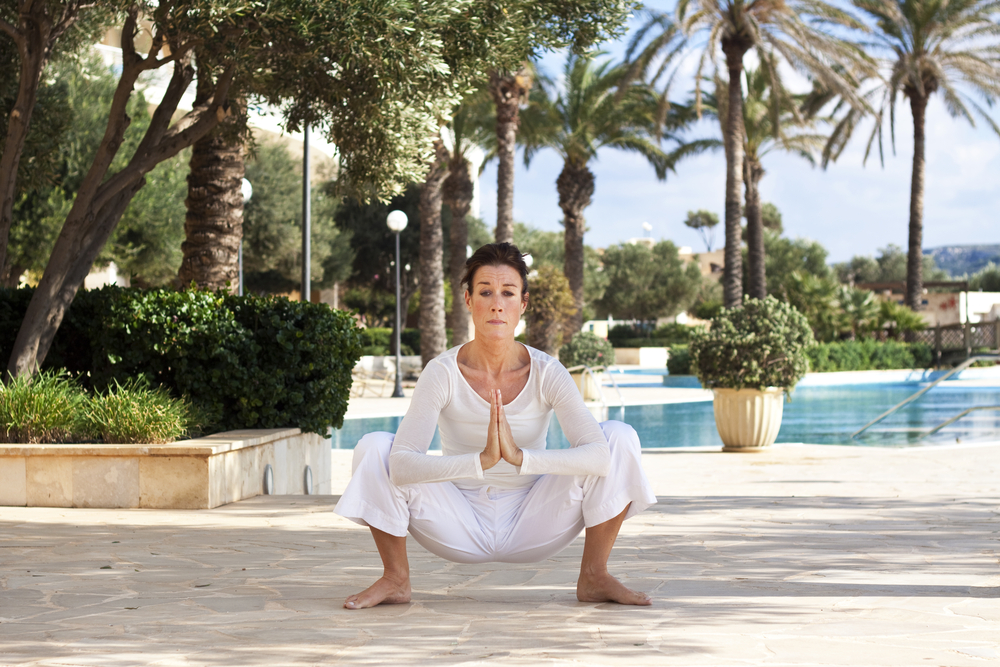UCLA Health conducted a landmark study that revealed the transforming potential of Kundalini yoga for older women at risk of Alzheimer’s disease. The study, published in Translational Psychiatry, demonstrates how this holistic technique extends beyond memory augmentation, providing a comprehensive strategy that rejuvenates brain circuits while counteracting aging and inflammation biomarkers.
The Alzheimer’s conundrum
Alzheimer’s disease is a persistent neurodegenerative disorder that disproportionately affects women. Longer life expectancy, hormonal changes following menopause, and heredity all contribute to an increased risk. With no cure in sight, prevention is key, particularly in the early stages of the disease.
Kundalini yoga: a holistic intervention
Kundalini yoga, a mind-body practice that includes physical postures, breathing methods, and meditation, has emerged as a viable intervention. Dr. Helen Lavretsky and her team at the Jane and Terry Semel Institute for Neuroscience and Human Behavior investigate the role of Kundalini yoga in preventing cognitive decline in postmenopausal women at high risk for Alzheimer’s.
A rigorous study approach
The study included 79 postmenopausal women aged 50 and up who reported subjective cognitive decline and cardiovascular risks. They were divided into two groups for the 12-week intervention, which included Kundalini yoga and memory-enhancing exercises. The Kundalini yoga group met weekly for 60-minute sessions, while the memory training group worked on memory methods.
Comprehensive examinations, such as cognitive tests, subjective memory evaluations, mood assessments, and blood samples for gene expression, offered a comprehensive picture of Kundalini yoga’s impact on cognitive health.
The results: yoga’s resonant impact
Participants in the Kundalini yoga group showed substantial cognitive and neurobiological benefits compared to those in the memory training group. Memory performance and subjective memory assessments improved significantly, suggesting a possible intervention for subjective cognitive decline.
However, it is important to highlight that, while Kundalini yoga participants improved their subjective memory, they also suffered a decrease in delayed recall capacity during the 24-week period, which was not detected in the memory training group.
Beyond cognitive outcomes
Kundalini yoga’s influence went beyond cognitive functioning. The study discovered a reversal of aging and inflammation-associated gene expression patterns, implying a larger influence on biological processes connected to aging and neurodegeneration. Dr. Lavretsky went on to say, “That is what yoga is good for — to reduce stress, to improve brain health, subjective memory performance, and reduce inflammation and improve neuroplasticity.”
Tolerability and feasibility
Notably, Kundalini yoga showed excellent levels of adherence and low side effects, indicating its tolerance and feasibility as an intervention. This supports the practice’s promise as a safe and effective technique for improving cognitive health in older persons at risk of Alzheimer’s disease.
Next steps and room for improvement
Despite the hopeful results, the study admits some limitations, such as a small sample size and a short period. These considerations may have an impact on the generalizability of the findings and the capacity to draw firm conclusions about the long-term effects of Kundalini yoga on cognitive health.
Dr. Lavretsky recommends combining yoga with memory training for greater overall advantages. “Ideally, people should do both because they do train different parts of the brain and have different overall health effects,” she went on to say. This collaboration could provide a comprehensive approach to cognitive health in older women.
A pathway to cognitive wellness
This study opens the door to further holistic interventions for Alzheimer’s prevention, with Kundalini yoga emerging as a potent tool. As we discover the power of mind-body activities, the path to cognitive wellness becomes clearer, providing hope and real answers for people at risk of Alzheimer’s.
Source study: Translational Psychiatry— Cognitive and immunological effects of yoga compared to memory training in older women at risk for Alzheimer’s disease












